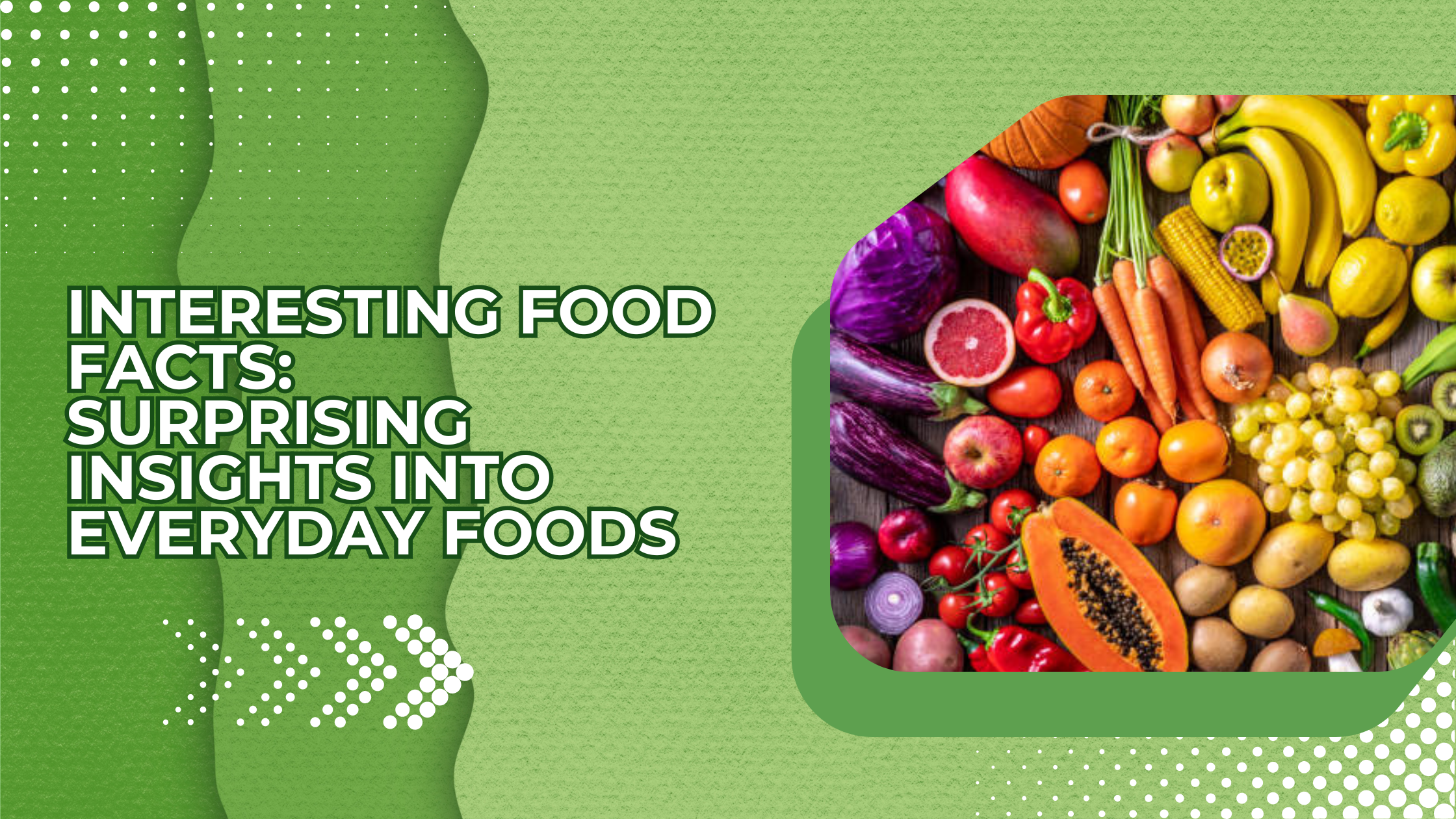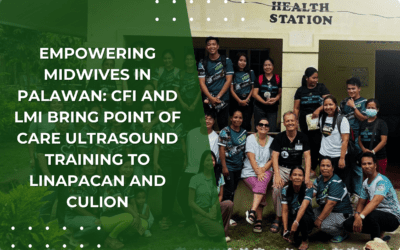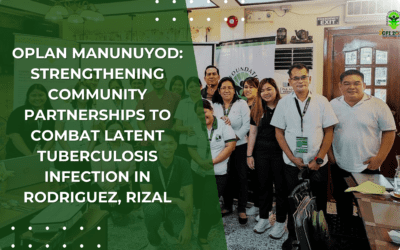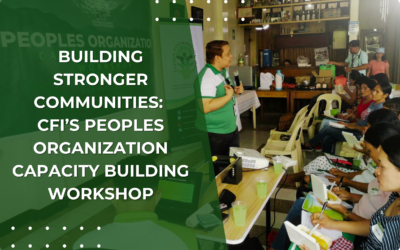Interesting Food Facts: Surprising Insights into Everyday Foods
Food is not just fuel; it is a fascinating world of history, science, and quirky facts. From the first food grown in space to unexpected origins of common treats, let’s dive into some interesting food facts that will surprise and delight you.
Potatoes: The First Food Planted in Space
Space-Age Agriculture In 1995, potatoes became the first food to be grown in space aboard the Space Shuttle Columbia. This milestone was part of NASA’s efforts to explore sustainable food sources for long-duration space missions. The experiment demonstrated that potatoes could grow in microgravity, paving the way for future space farming endeavors (NASA Spinoff) (PRLog).
Why Potatoes? Potatoes were chosen for their nutritional value and ability to grow in various conditions. They are rich in carbohydrates, vitamins, and minerals, making them a robust food source for astronauts. The success of growing potatoes in space is a significant step toward ensuring that future space travelers have fresh, nutritious food (Potato Grower Magazine) (PRLog).
The Colorful History of Carrots
Purple and Yellow Origins
When we think of carrots today, we typically envision the bright orange variety. However, the original carrots, which were domesticated in the region of modern-day Afghanistan, were purple and yellow. Orange carrots didn’t appear until the 17th century when Dutch growers selectively bred them (livescience.com) (Sister Republics).
The Dutch Influence
The development of orange carrots is often attributed to Dutch horticulturists who cross-bred various types of carrots to create the sweet, orange variety we know today. Although the popular story claims that orange carrots were bred to honor William of Orange, this is more myth than fact. The Dutch did play a significant role in propagating the orange carrot due to its favorable growing conditions in their climate, leading to its widespread adoption across Europe (livescience.com) (Learn Dutch).
The Floating Egg Test
Bad Eggs Float
A simple way to test the freshness of an egg is to place it in a bowl of cold water. Fresh eggs will sink to the bottom and lay flat on their sides, while bad eggs will float. This floating phenomenon occurs because, over time, eggs lose moisture and carbon dioxide through their porous shells, increasing the size of the air cell inside.
Why It Works
As the air cell grows larger, it increases the egg’s buoyancy, causing it to float. If an egg floats, it’s best to discard it to avoid any risk of consuming a spoiled egg (Know Your Chickens) (ChickenMag).
Potatoes: Water Content Wonders
80% Water Composition
Potatoes are composed of approximately 80% water, making them a versatile ingredient in cooking. The high water content helps potatoes maintain their texture and flavor whether they are baked, boiled, or fried (PlantHD) (Umich Websites).
Nutritional Powerhouse
Despite their high water content, potatoes are an excellent source of essential nutrients. They provide significant amounts of potassium, vitamin C, and fiber. Additionally, they are low in calories, making them a nutritious and satisfying food choice (Verywell Fit).
Cotton Candy: A Dentist’s Creation
Sweet Irony
It may come as a surprise that cotton candy, a favorite sugary treat at fairs and carnivals, was invented by a dentist. In 1897, dentist William Morrison and confectioner John C. Wharton created the first machine-spun cotton candy, originally called “Fairy Floss” (Wikipedia) (Wikipedia).
The Cotton Candy Machine
Morrison and Wharton’s invention involved melting sugar and using centrifugal force to spin it through tiny holes, creating the fluffy threads we recognize as cotton candy. Despite its sugary nature, the treat was an instant hit and remains popular to this day (Wikipedia).
Frequently Asked Questions (FAQs)
Why were potatoes chosen as the first food to be planted in space?
Potatoes were chosen due to their nutritional value, ease of growth, and adaptability to various growing conditions. They are rich in carbohydrates, vitamins, and minerals, making them a reliable food source for astronauts.
How can I test if an egg is still good to eat?
You can test an egg’s freshness by placing it in a bowl of cold water. Fresh eggs will sink and lay flat, while bad eggs will float due to an enlarged air cell inside.
Why are modern carrots orange instead of purple or yellow?
Modern orange carrots were developed by Dutch growers in the 17th century through selective breeding. The orange color is believed to be a tribute to William of Orange, a leader in the Dutch struggle for independence.
What makes potatoes such a versatile food?
Potatoes’ high water content (about 80%) helps them maintain their texture and flavor in various cooking methods. They are also rich in essential nutrients, including potassium, vitamin C, and fiber.
Who invented cotton candy, and why is it ironic?
Cotton candy was invented by dentist William Morrison and confectioner John C. Wharton in 1897. The irony lies in the fact that a dentist, typically associated with promoting oral health and cautioning against sugar, co-created a popular sugary treat.
Food facts can be as delightful as they are informative, shedding light on the curious and unexpected aspects of what we eat. From space-faring potatoes to the colorful journey of carrots, these tidbits of knowledge enhance our appreciation for the everyday foods on our plates.




